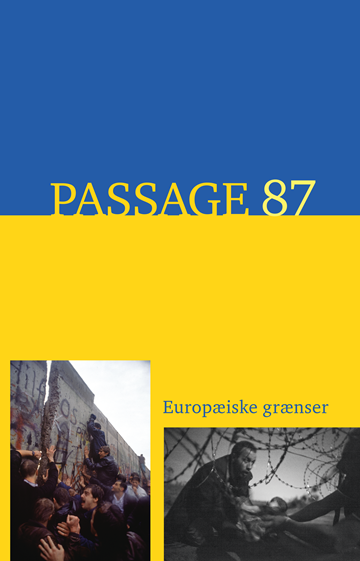Grænseforhandlende æstetik
Flersprogethed som politisk våben i Yahya Hassans forfatterskab
DOI:
https://doi.org/10.7146/pas.v37i87.133266Nøgleord:
multilingualism, flersprogethed, migration, transculturality, Bakhtin, Yahya Hassan, polyglossia, borders, grænser, passageResumé
The article explores the aesthetic and political potential of multilingual literature to describe and transgress borders. During the past 30 years, a new subgenre of transcultural literature has emerged, in which the author’s multilingual biography is mobilized for aesthetic experiments loaded with subversive power. The article refers to case studies from Denmark, Germany and Sweden: Yahya Hassan’s Yahya Hassan (2013) and Yahya Hassan 2 (2019), Feridun Zaimoğlu’s Kanak Sprak. 24 Misstöne vom Rande der Gesellschaft (1995), and Jonas Hassen Khemiri’s Ett öga rött (2003). The works are compared in respect to their ability to create voices that manage to break through the wall of the ghetto, interfering with the political dis- course on themes like migration, racism, and social inequality. The focus of the in- vestigation is on Yahya Hassan.
Downloads
Publiceret
Citation/Eksport
Nummer
Sektion
Licens
Forfattere, der publicerer deres værker via dette tidsskrift, accepterer følgende vilkår:
- Forfattere bevarer deres ophavsret og giver tidsskriftet ret til første publicering, samtidigt med at værket efter publiceringen er omfattet af en Creative Commons Attribution-licens, der giver andre ret til at dele værket med en anerkendelse af værkets forfatter og første publicering i nærværende tidsskrift.
- Forfattere kan indgå flere separate kontraktlige aftaler om ikke-eksklusiv distribution af tidsskriftets publicerede version af værket (f.eks. sende det til et institutionslager eller udgive det i en bog), med en anerkendelse af værkets første publicering i nærværende tidsskrift.
- Forfattere har ret til og opfordres til at publicere deres værker online (f.eks. i institutionslagre eller på deres websted) forud for og under manuskriptprocessen, da dette kan føre til produktive udvekslinger, samt tidligere og større citater fra publicerede værker (se The Effect of Open Access).





